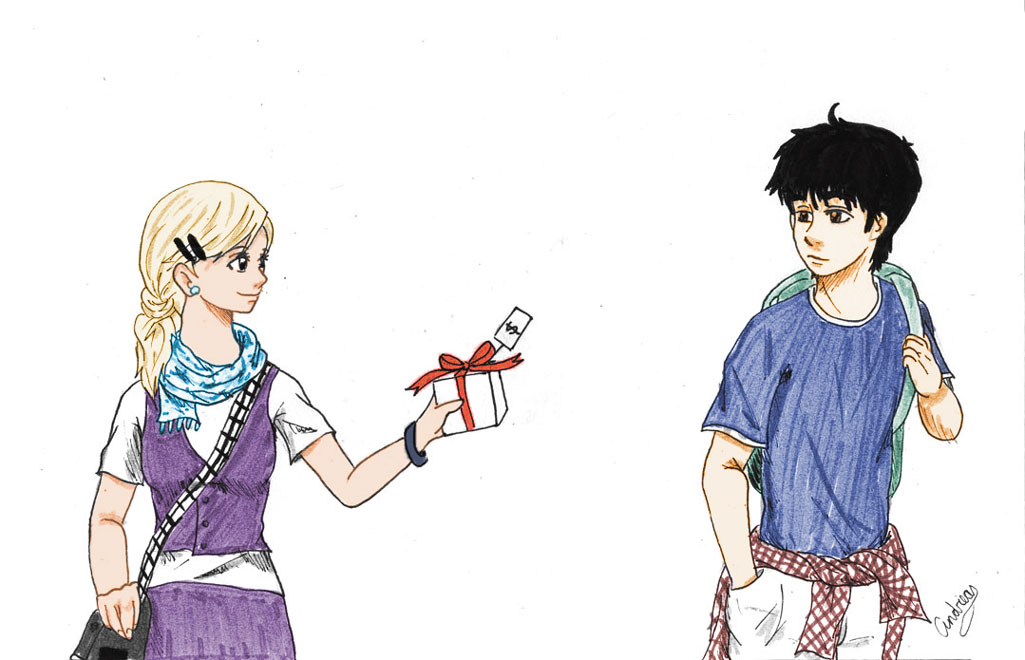
Optional donations are in good faith
By Jeremy Woo, October 2 2014 —
When you paid your student fees this year, they probably included a $10 donation to help struggling University of Calgary students.
The Student Peer Assistance Bursary Program is funded by a $10 donation that’s wrapped into your student fees. Unless you opt out, $10 from your student fees goes towards this program.
The ability to opt-out is crucial. Without it, the donation would look less like charity and more like a cash-grab. A small donation by default provides a convenient and effortless channel for students to be generous.
On the other hand, an opt-in donation would reduce the effectiveness of the program. The current system catches well-meaning students who might not remember to donate, but are pleased to see their student fees go to a worthy cause.
The more serious subject of organ donation is an apt comparison. According to B.C. Transplant, a government agency organizing organ transplants, 85 per cent of British Columbians support the idea of organ donation. However, only 17 per cent are registered to donate their organs when they die.
Nationwide, 90 per cent of Canadians support organ and tissue donations, but only 25 per cent plan to donate. A recent study in Atlantic Canada showed that a majority of respondents would even prefer an opt-out system, where people would donate their organs by default, unless this was against their wishes.
Countries that practice organ donation by default, such as Sweden and Denmark, donate at a rate upwards of 80 per cent, much higher than Canada’s 25 per cent.
This idea of opt-out donations applies to the less controversial $10 donation. Many may be willing to support bursaries for low-income students, but few would make a donation on their own.
We can thank the status quo bias for this oddity in human behaviour. Humans are predisposed to do nothing or to maintain the previous decision made by following the status quo. Our current system of opt-out donations make generosity the easiest decision.
Donation by default reflects our predisposition to give. If you were on the fence about donating, the status-quo bias pushes you to donate anyway, as it requires effort and resistance to opt out of the small donation. Even if these donations are due to laziness, they make higher learning possible for students in need.
Students are pitching in for a good reason. The program began democratically in 1996 following a referendum on the bursary donation. All undergraduate students are eligible to apply for the award through the regular awards program, which means undergraduates have access if they fall on a tough year.
If you’re a student that doesn’t agree with this donation, you only need to fill out a short form to opt out of the donation.
September is always a rough time for students. In one fell swoop, we watched our hard-earned summer cash quietly slip away into a bureaucratic nightmare. We paid all this money for the far off promise of a degree, only to face endless essays, sleepless nights and overdue assignments. It’s hard to part with your money.
We’re already watching thousands of dollars leave our bank account, so an extra $10 donation to help your fellow students shouldn’t be a cause for concern. If you really do have a problem with it, the opt-out form only has six boxes.
